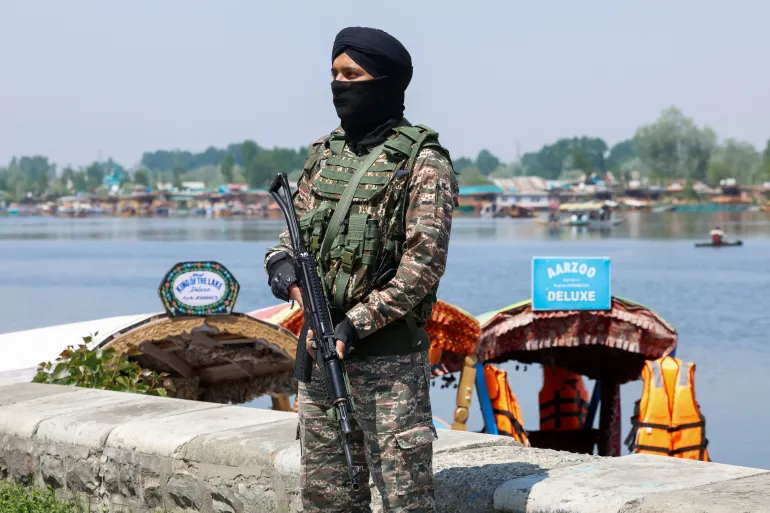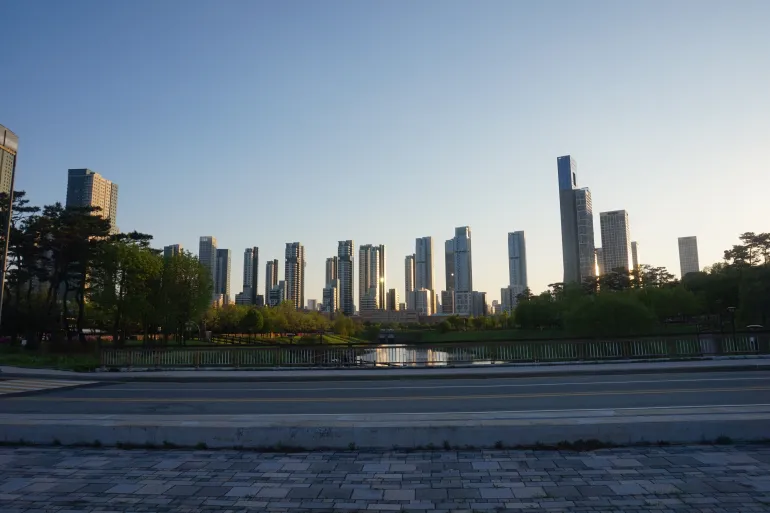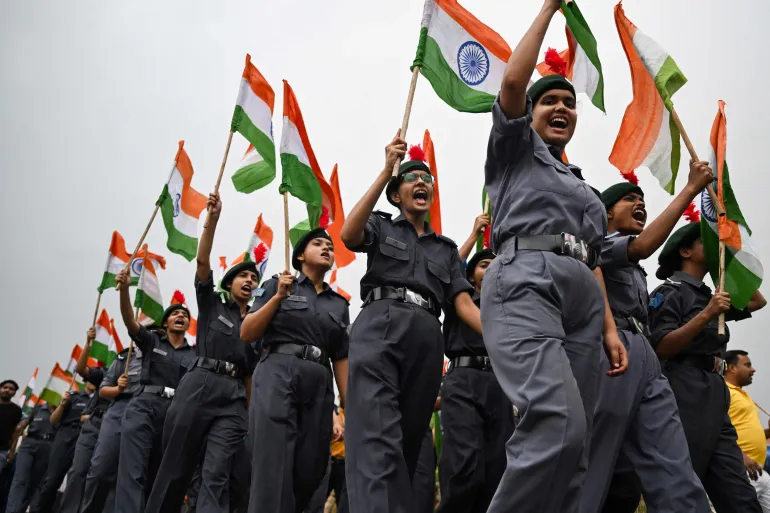
The Al Jazeera article titled “‘Burst balloon’: How Pahalgam attack shattered Modi’s Kashmir narrative” delves into the implications of the April 22, 2025, attack in Pahalgam, where 26 individuals, predominantly Hindu tourists, were killed. This incident has significantly undermined Indian Prime Minister Narendra Modi’s longstanding assertion that the region was transitioning towards stability and normalcy under his administration.
Since the revocation of Jammu and Kashmir’s semi-autonomous status in August 2019, Modi’s government has maintained that such measures would integrate the region more fully into India, reduce insurgency, and boost tourism. However, the Pahalgam attack has exposed vulnerabilities in this narrative, highlighting persistent security challenges and local discontent.
In response to the attack, India has taken several measures, including suspending the Indus Waters Treaty, expelling Pakistani diplomats, and intensifying military operations in the region. These actions have escalated tensions with Pakistan, which denies involvement in the attack. Domestically, Indian security forces have conducted raids and arrests, further straining relations with the local Kashmiri population.
Analysts suggest that the attack has not only strained India-Pakistan relations but also challenged the effectiveness of Modi’s policies in Kashmir, indicating a need for reassessment of the current approach to the region’s complex issues.
For a comprehensive analysis, you can read the full article here: Al Jazeera



